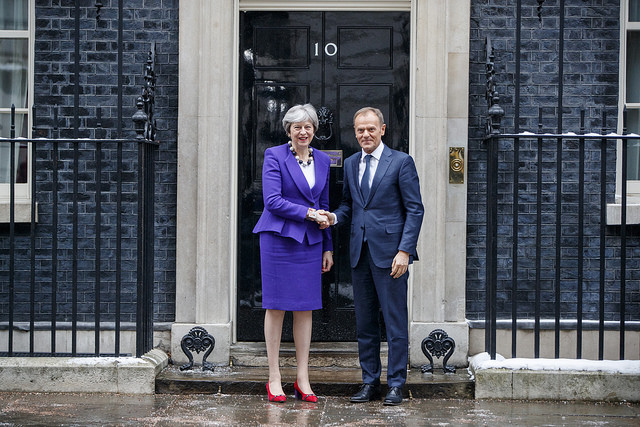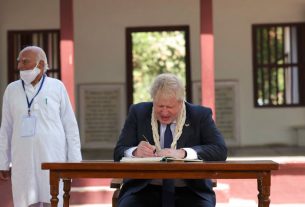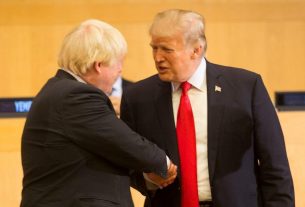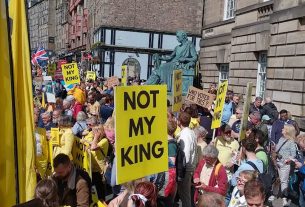Prime Minister Theresa May is returning home empty-handed from Austria after her plans for Britain’s post-Brexit economic relationship with the EU were rejected.
European Council President Donald Tusk said the proposal was “unworkable” echoing the previous stance taken by the EU’s chief Brexit negotiator Michel Barnier.
Mrs May started the day at the informal summit in hopeful mood after addressing the leader of the 27 EU member states at a dinner last night in Salzburg.
She had called for more compromise from the EU, but the response she got today raises the prospect of Brexit talks breaking down completely.
Mr Tusk told a news conference today: “While there are positive elements in the Chequers proposal, the suggested framework for economic cooperation will not work, not least because it will risk undermining the single market.”
The Chequers proposal was agreed by Mrs May and her Cabinet in July but immediately met stiff opposition from Brexiteers and Remainers alike.
It has called for a free trade area between the EU and UK for goods but not services, something that the EU decided would split their single market.
The two sides also remain divided over the issue of the Irish border, with Mrs May rejecting the EU proposal that Northern Ireland should remain in the customs union after Brexit.
She said she could not support a plan that would divide her country in two along economic lines with an external customs border within the UK.
German Chancellor Angela Merkel said the integrity of the single market was not up for negotiation: ““There is a lot of common ground on the basis of Chequers, particularly when it comes to domestic security and foreign policy cooperation and other issues.”
“But there’s still a lot of work to do on future trade relations. Today we were all agreed that there can be no compromises on the single market.”
Mr Tusk and other EU leaders said that there were some positive aspects of Chequers, including those on security and foreign policy and that despite the failure of talks he was optimistic a deal could be agreed.
He said: “We need to compromise on both sides. This is the very essence of negotiations.”
But Mr Tusk added that the four freedoms, including freedom of movement and the “red line” of the single market were non-negotiable.
He warned: “There are some issues where we are not ready to compromise. First of all this is our four fundamental freedoms and single market. The Irish question remains our priority too.”
The UK has said it will not allow the free movement of workers after Brexit and with the meeting to agree the final deal scheduled for October, both sides face a race against time.
Mr Tusk said he wanted the deal done by then, but did not rule out extending the deadline and holding a special summit in November.
The UK is due to leave the EU on March 29 next year.




